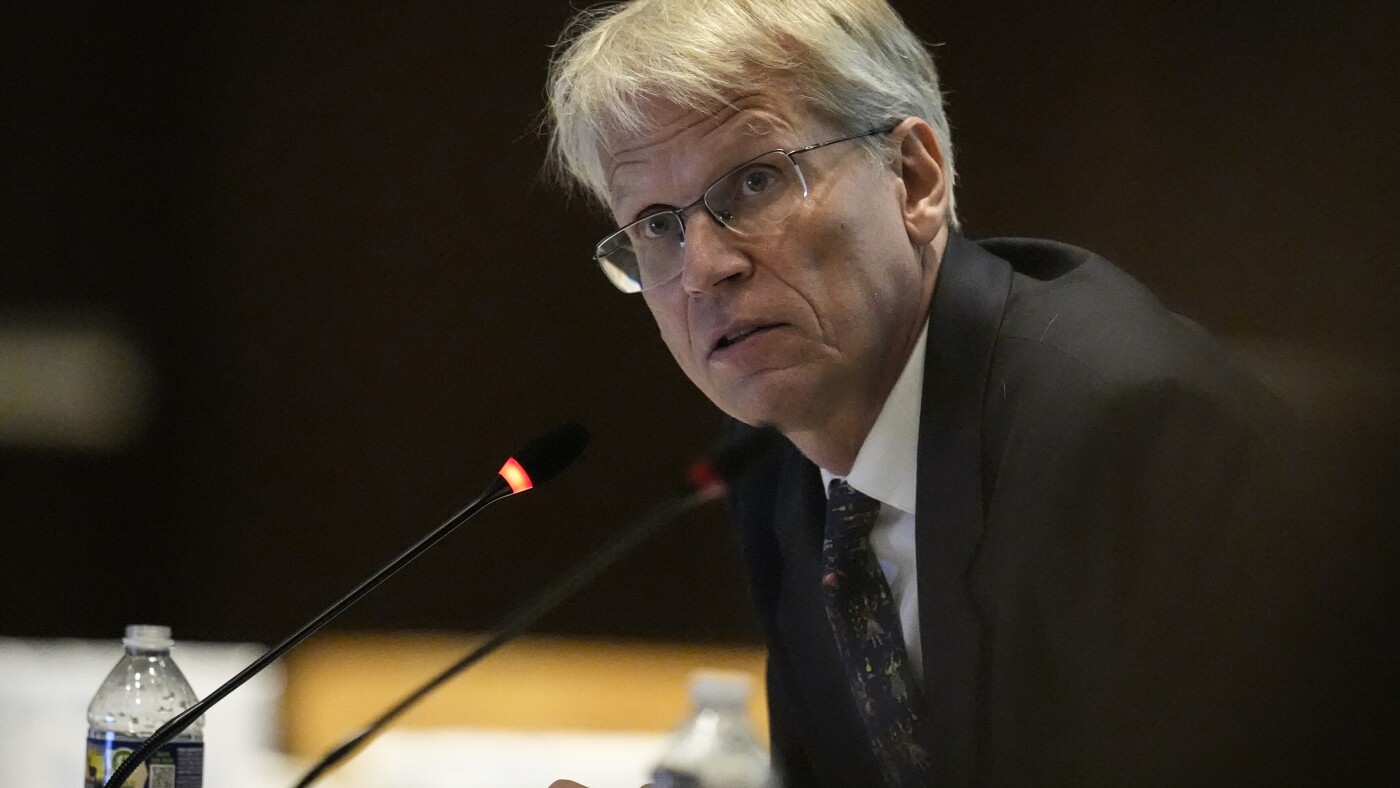In a significant shift in U.S. vaccine policy, a newly appointed federal panel under the leadership of Secretary of Health and Human Services Robert F. Kennedy Jr. has announced plans to scrutinize the safety of the childhood vaccine schedule. This development was revealed during the Advisory Committee on Immunization Practices (ACIP) meeting at the Centers for Disease Control and Prevention headquarters in Atlanta.
The committee, which plays a crucial role in shaping the nation’s vaccine schedule and immunization policies, has recently become a focal point of controversy. Earlier this month, Kennedy dismissed all 17 members appointed by President Joe Biden, replacing them with a smaller group, some of whom have previously been criticized for spreading misinformation about COVID-19 vaccines.
New Workgroup to Examine Vaccine Schedule for Children
The meeting commenced with Martin Kulldorff, an epidemiologist formerly affiliated with Harvard Medical School and the new ACIP chair, emphasizing the need to “rebuild public trust” in federal health institutions. He cited the “inflated promises” regarding COVID vaccines and mandates as a catalyst for this initiative.
Kulldorff announced the formation of a new workgroup tasked with evaluating the cumulative effects of the recommended vaccine schedule. This includes examining the interaction effects between different vaccines, the total number of vaccines, cumulative amounts of vaccine ingredients, and the timing of vaccine administration.
“The number of vaccines that our children and adolescents receive today exceed what children in most other developed nations receive and what most of us in this room received when we were children,” Kulldorff stated.
Reevaluation of Older Vaccines
Another workgroup will focus on vaccines that have not been reviewed in over seven years. This includes the universal recommendation for the hepatitis B shot at birth and the immunization schedule for measles, mumps, rubella, and varicella (chickenpox). The timing of the measles vaccine is also under review to address religious objections from some parents.
This shift in focus has raised concerns among vaccine experts about the future direction of ACIP. Jason Schwartz, an associate professor at the Yale School of Public Health, expressed apprehension about revisiting long-settled questions around vaccine safety, which could lend legitimacy to critics of vaccines.
Controversy and Conflict of Interest Concerns
Kennedy’s decision to overhaul ACIP was based on claims of conflicts of interest compromising the committee. However, an NPR investigation found that a government report Kennedy often references does not support these claims.
Alongside Kulldorff, Dr. Robert Malone, another Kennedy appointee, has been involved in litigation against vaccine maker Merck. Both have declared no conflicts of interest regarding the topics discussed at the meeting. Malone noted that he underwent “three months of vetting and training,” with potential conflicts deemed “lacking” by the Department of Health and Human Services and the CDC.
This restructuring of ACIP appears to have been in the planning stages for some time, despite the recent appointment of new members just two weeks ago.
Data and Implications for COVID-19 Vaccination
The meeting also featured presentations from CDC scientists on COVID-19 and related vaccines. Some data presented seemed to challenge the recent decision by Kennedy and the Trump administration to remove the recommendation for vaccinating healthy children and pregnant women.
A slide summarizing epidemiology data indicated that most children under the age of 2 hospitalized with COVID-19 had no underlying medical conditions, with severe outcomes for 1 in 4 admitted to the ICU. It also highlighted the risk to children under 6 months, who depend on maternal antibodies due to the lack of approved vaccines.
The implications of these developments are significant, as they could reshape public health strategies and influence vaccine uptake nationwide. As ACIP continues its work, the medical community and the public will be closely monitoring the outcomes of these new evaluations and their impact on vaccine policy.
